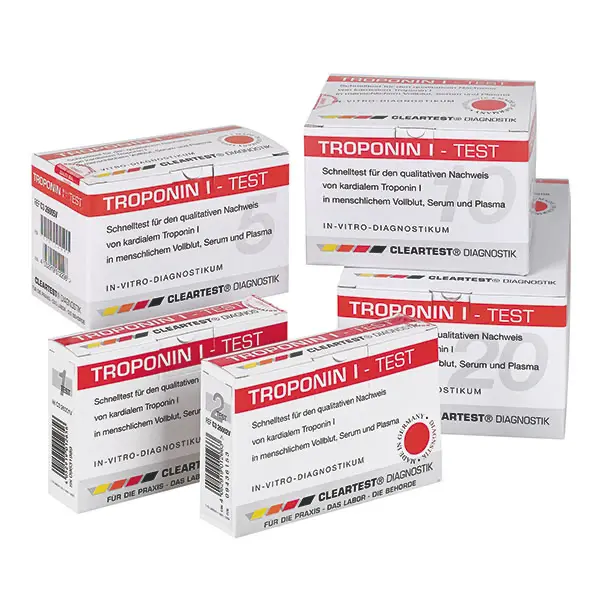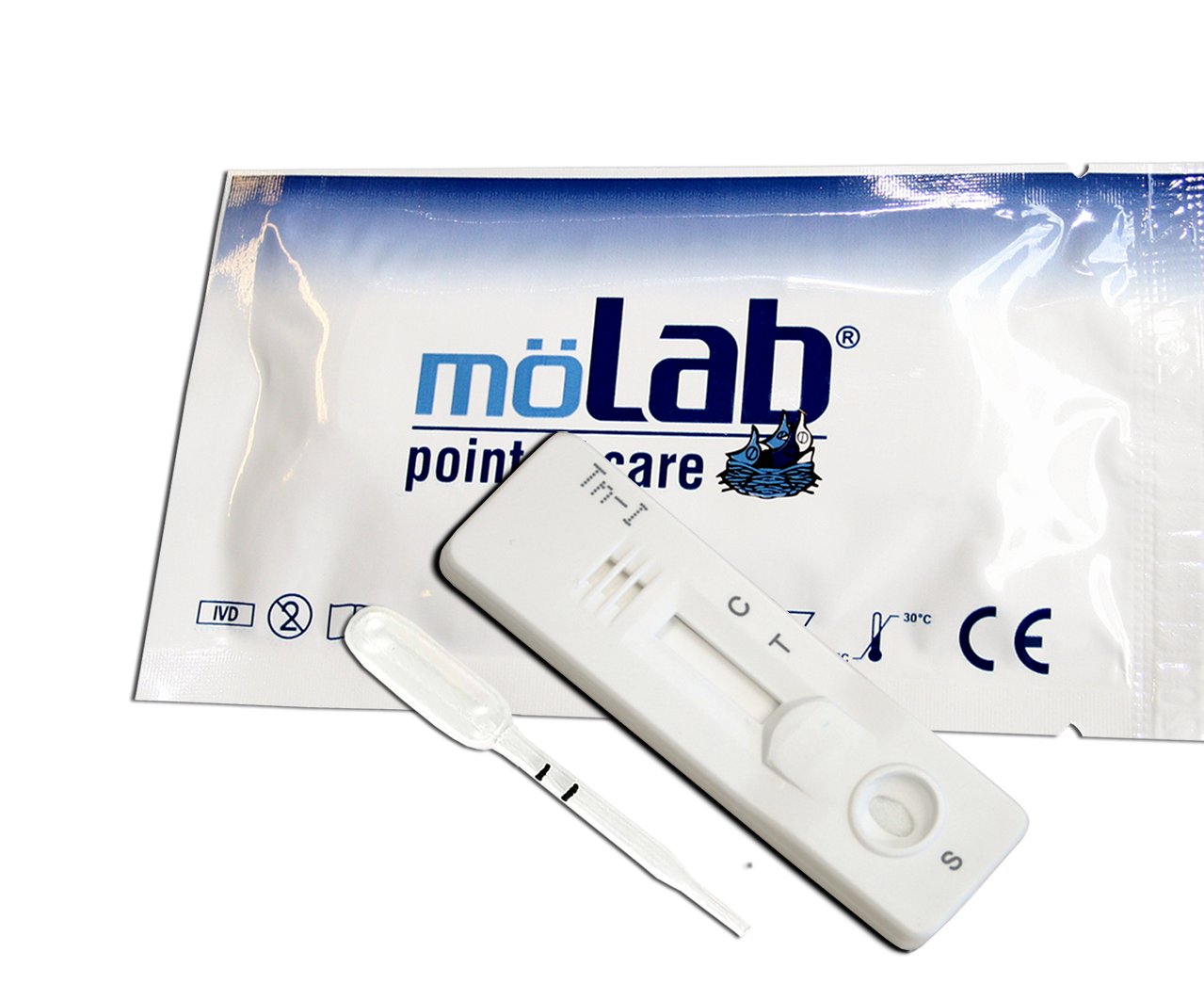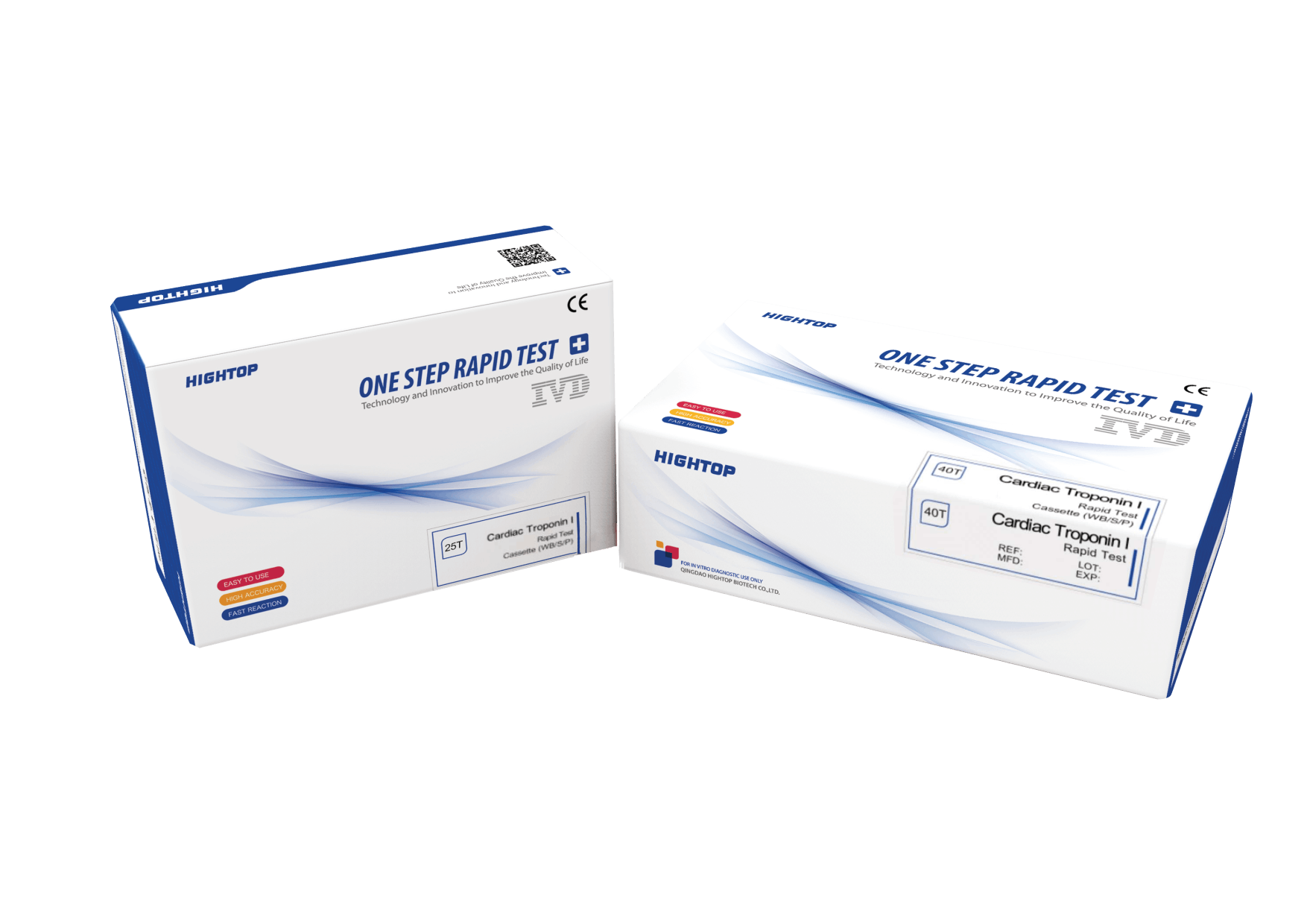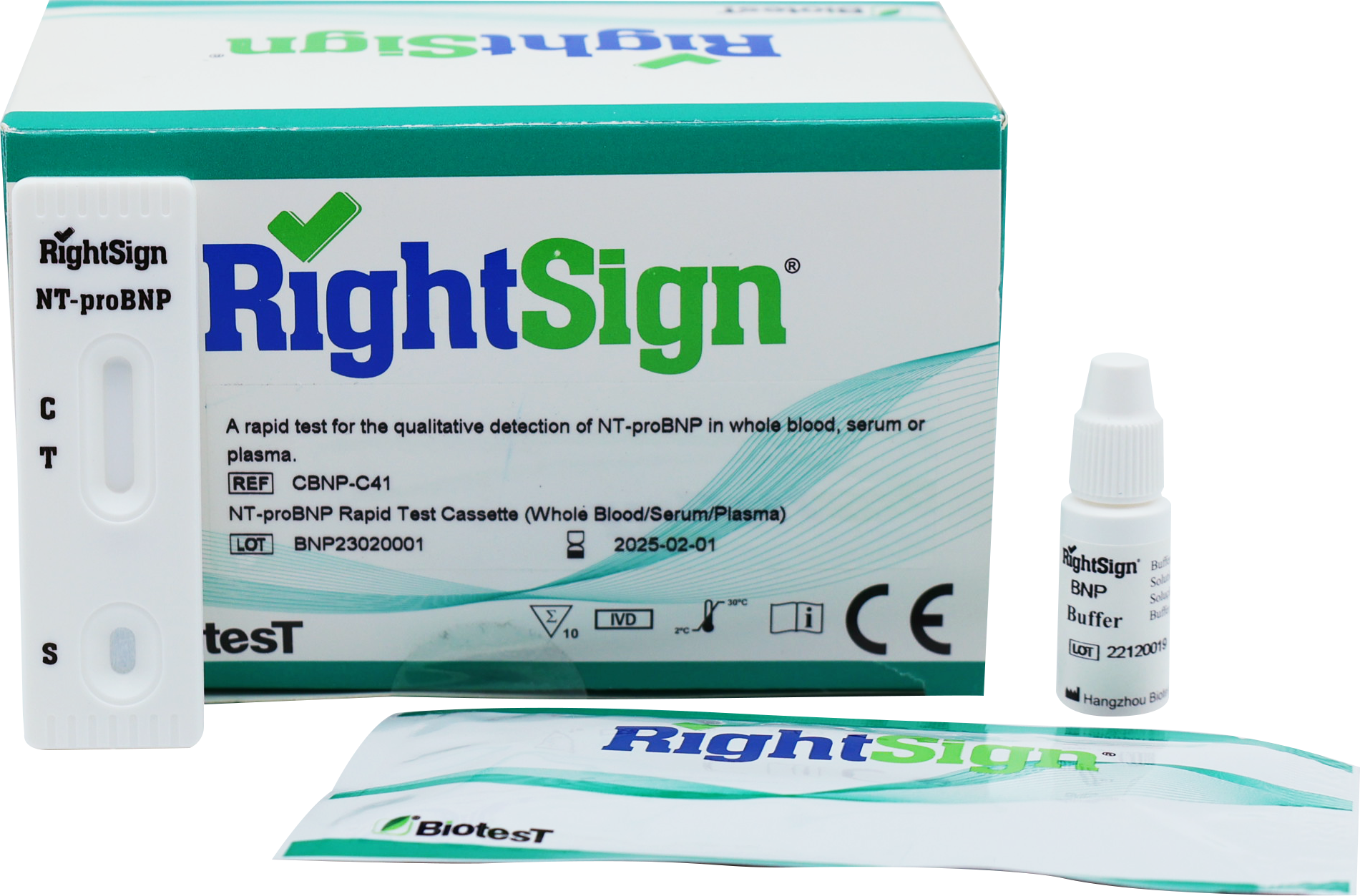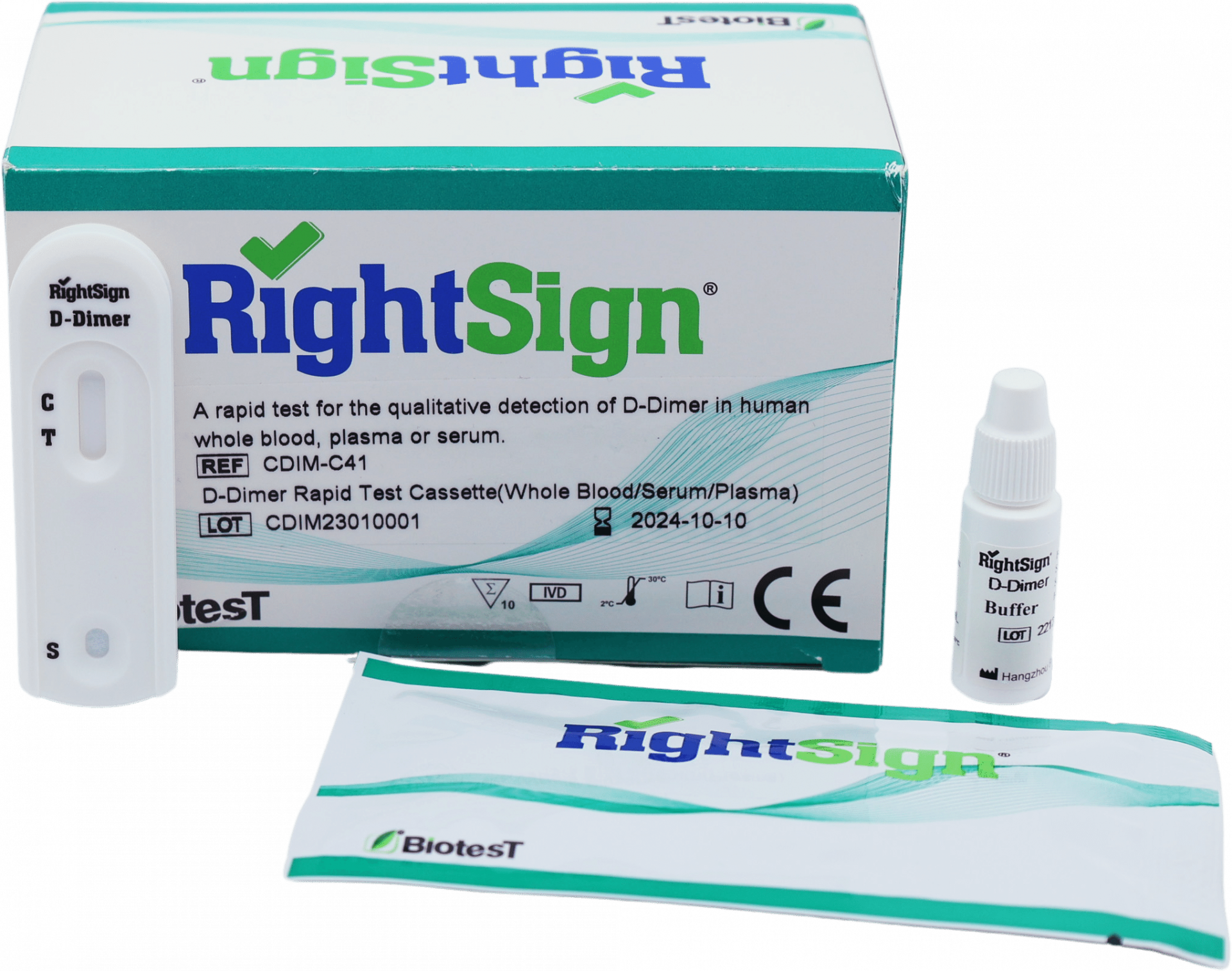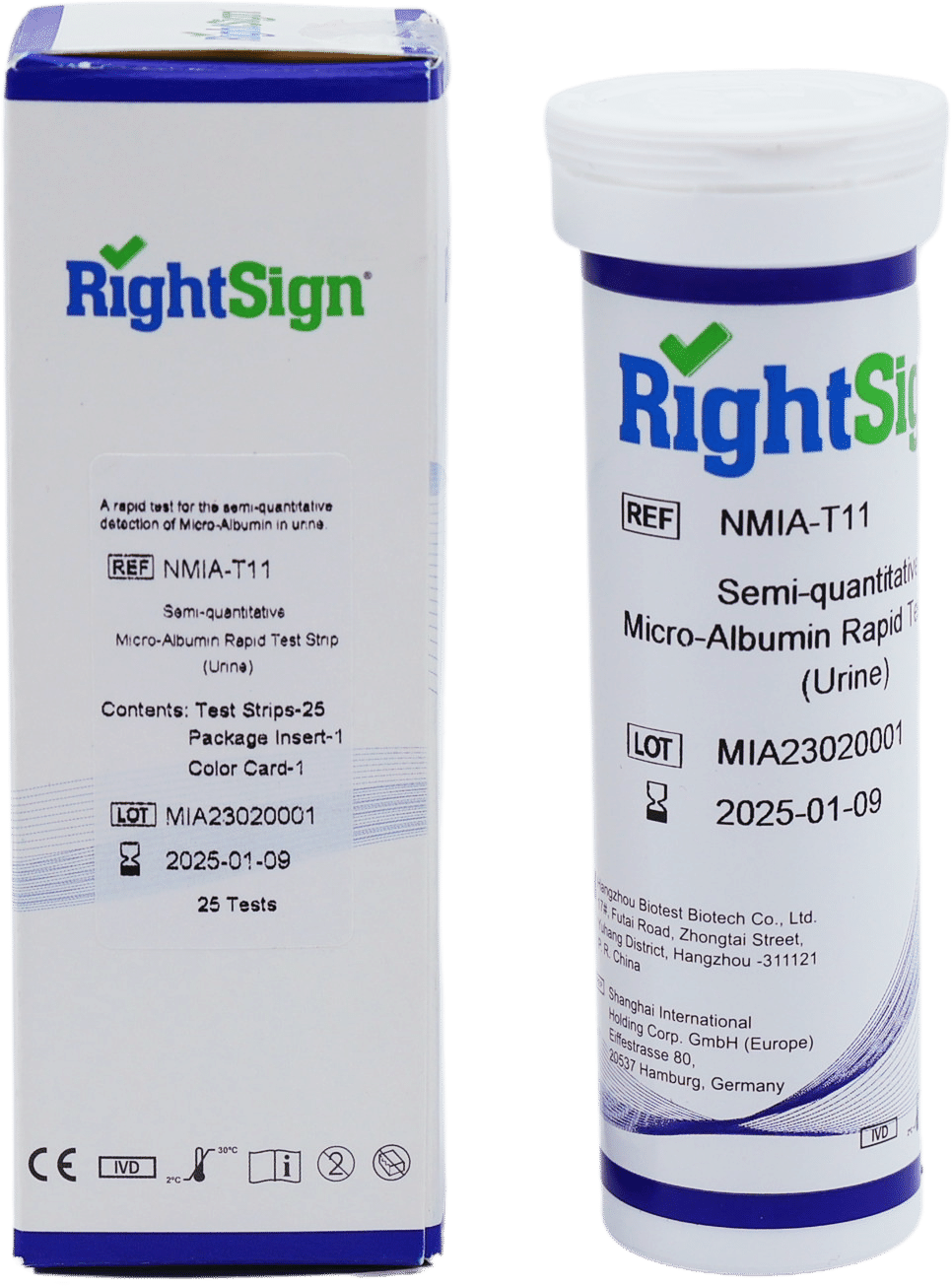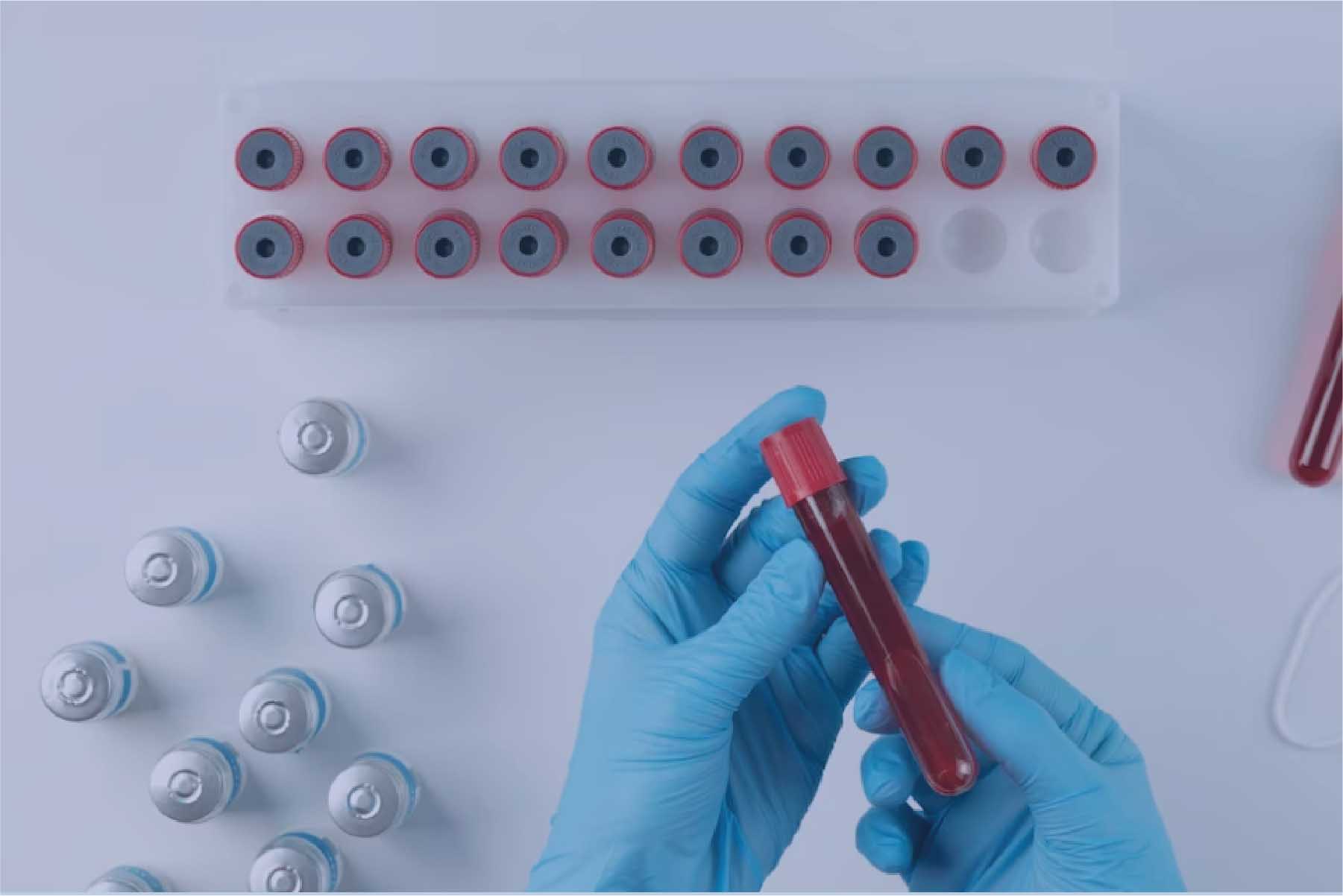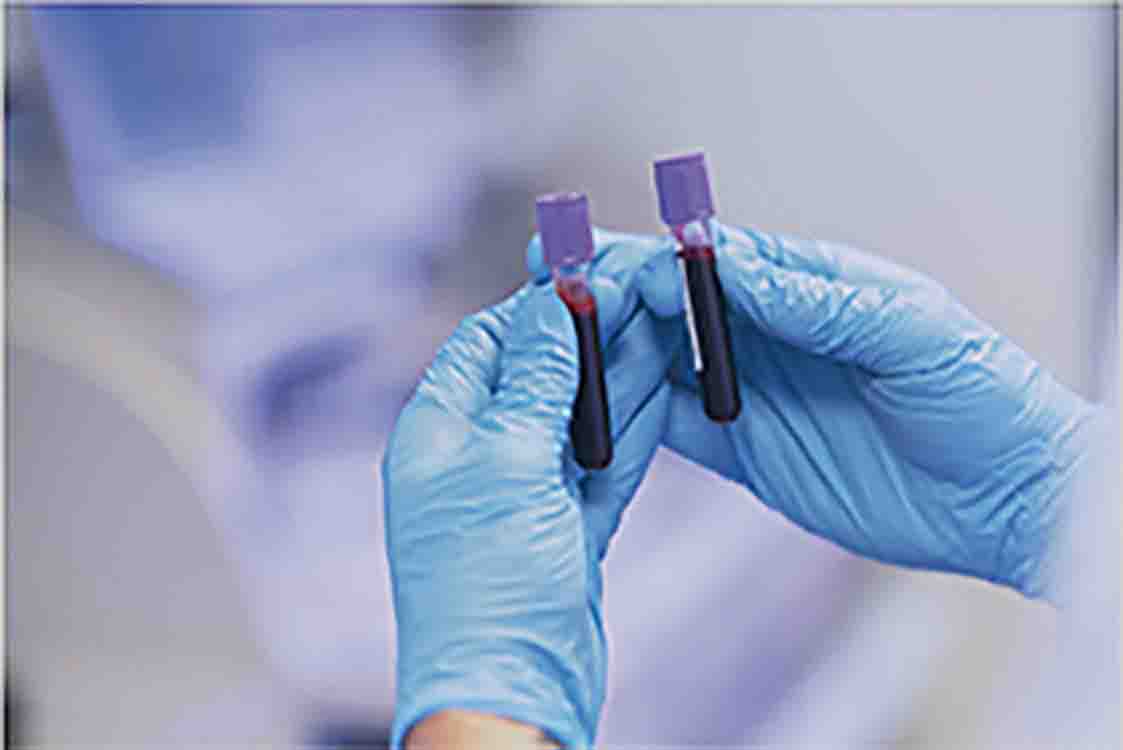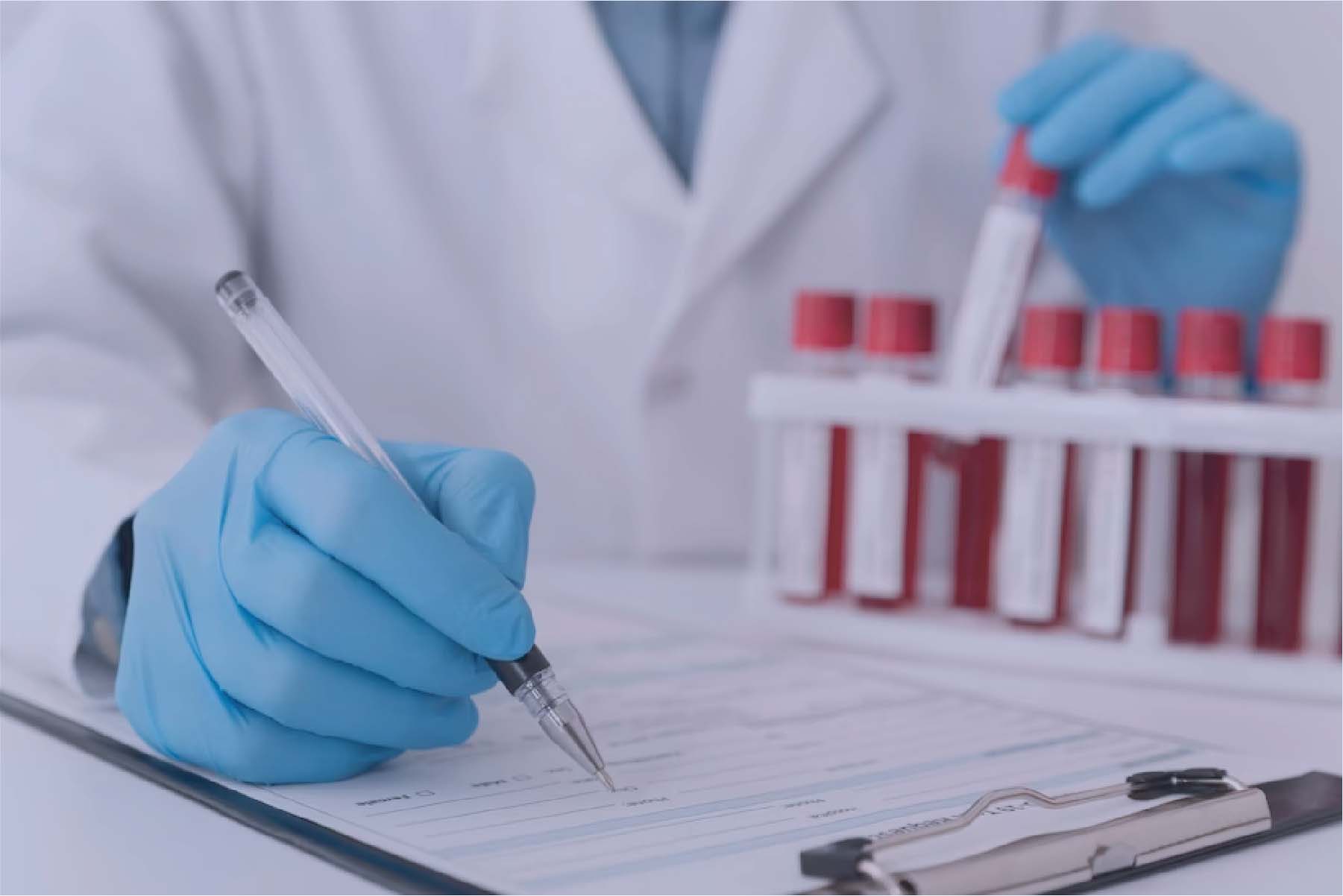Troponin Test
Troponin tests are vital for detecting heart muscle damage and diagnosing acute cardiac events. Our commitment is to deliver to doctors, healthcare providers, clinics, and hospitals the best-of-class troponin tests. High accuracy and rapid results empower swift clinical decisions and improved patient care.
Recommended Solutions for Enhanced Cardiac Care
We are pleased to continue providing you with D-Dimer, NT-proBNP, and Micro Albumin Rapid Tests so you can maintain a comprehensive approach to cardiovascular diagnostics.
FAQ for Troponin Test - Cardiac Troponin Lab Test
The available Troponin tests help detect heart muscle damage and diagnose acute myocardial infarctions. Typically, samples are taken via a blood draw. The leading methods are lab-based or point-of-care analyses. Find more details here on important technical data, recommended usage, and why you should read the FAQ for step-by-step guidance and additional insights.

- What Troponin blood test types exist, and how do they differ?
- How do I evaluate a Troponin test’s quality?
- How do Troponin tests detect heart muscle damage?
- Who should consider undergoing Troponin testing?
- Accuracy of these tests (sensitivity & specificity)
- What does an elevated Troponin result mean?
- Why are Troponin blood tests crucial for early cardiac diagnosis?
- Do you offer other cardiovascular rapid tests or a ranking of the best?
- Where can I find a comprehensive Comparison of Troponin Tests?
What Troponin blood test types exist, and how do they differ?
Zu den Varianten der RS-virus Tests gehören laborbasierte Antigentests, Schnelltests am Behandlungsort und Kombikits, die RSV zusammen mit anderen Atemwegsviren wie Influenza und COVID-19 nachweisen. Diese Tests unterscheiden sich in der Bearbeitungszeit, Sensitivität und Probenverarbeitung – typischerweise werden Nasen- oder Rachenabstriche verwendet – und helfen, RSV-Infektionen sowohl bei Kindern als auch bei Erwachsenen zu identifizieren.
- Conventional Troponin Test (cTnT or cTnI)
- High-Sensitivity Troponin Test (hs-cTnT or hs-cTnI)
- Point-of-Care Troponin Test (POC Troponin)
Conventional Troponin Test (cTnT or cTnI)
This lab-based assay measures troponin levels using standard immunoassay methods. It has moderate sensitivity and is widely used in routine clinical evaluations to identify heart muscle damage, helping clinicians diagnose conditions like heart attacks based on established reference ranges.
High-Sensitivity Troponin Test (hs-cTnT or hs-cTnI)
Leveraging advanced assay technology, this type can detect minute amounts of troponin in the blood. Its enhanced sensitivity allows for early detection of cardiac injury, improving diagnostic accuracy and enabling quicker intervention for acute myocardial infarction.
Point-of-Care Troponin Test (POC Troponin)
Designed for rapid bedside testing, this assay provides quick results in emergency settings. While slightly less sensitive than high-sensitivity tests, its fast turnaround time aids immediate clinical decisions, supporting timely diagnosis and management of heart muscle damage.
How do I evaluate a Troponin test’s quality?
Evaluating a specific troponin test’s quality involves analyzing its high sensitivity and specificity, reference range, consult independent expert studies, and ability to measure troponin levels in a blood sample drawn from a vein in your arm. Reviewing cardiac troponin test information, including test details, normal range, and blood tests, ensures test results to diagnose heart damage.
How do Troponin tests detect heart muscle damage?
Troponin tests detect heart muscle damage by measuring increased troponin levels in your blood sample. Elevated troponin I and troponin T proteins, released due to damage to the heart muscle, signal possible heart attack. This high-sensitivity troponin test sees an increase in the troponin level hours after a heart attack.
Who should consider undergoing Troponin testing?
Individuals experiencing signs of a heart attack or heart damage, such as abnormal heart rhythm and chest discomfort, should consider undergoing a troponin test. If you have increased troponin levels in blood tests or have had a heart attack, consult your doctor to order this cardiac troponin test for diagnosis and appropriate care.

How accurate are these tests in terms of sensitivity and specificity?
Troponin tests, including high sensitivity troponin assays, demonstrate excellent accuracy. With sensitivity and specificity often exceeding 90%, these tests reliably measure troponin levels in a blood sample, offering cardiac troponin results. Although normal troponin levels vary, increased troponin levels usually indicate damage to the heart, improving the diagnosis of the heart attack.
What does an elevated Troponin result mean?
An elevated troponin result signifies damage to the heart muscle. A high level of troponin indicates that heart muscle cells have released protein troponin into your blood sample during a heart attack. This increase in the troponin level is a critical marker used in cardiac troponin tests to diagnose a heart attack.
Why are Troponin Blood Tests crucial for early cardiac diagnosis?
Troponin blood tests are crucial for early cardiac diagnosis because they swiftly detect increased troponin levels in a blood sample, offering early evidence of heart damage. This high-sensitivity troponin test measures cardiac troponin levels shortly after a heart attack, enabling timely intervention for heart attack and heart damage, ensuring better outcomes.
Do you offer other cardiovascular rapid tests or a ranking of the best?
Yes, we do offer more rapid cardiovascular tests:
D-Dimer
Best Product: RightSign
D-Dimer Rapid Test Cassette
Source: Best D-Dimer Tests
NT-proBNP
Best Product: RightSign NT-proBNP Rapid Test
Cassette
Source: Best NT-proBNP Tests
Micro Albumin Rapid Tests
Best Product: RightSign Semiquantitative Microalbumin Rapid Test Strip
Source: Best MicroAlbumin Tests

